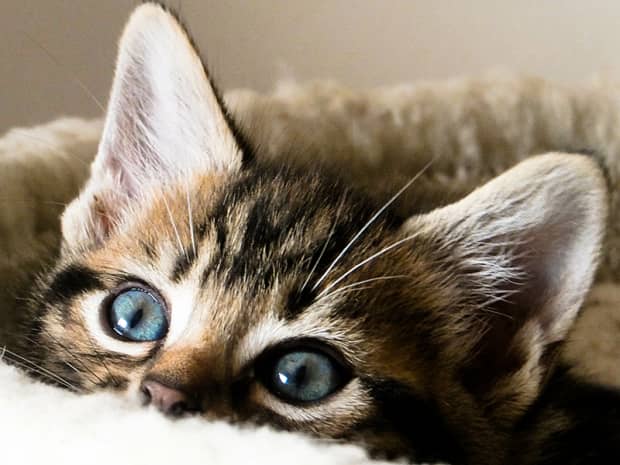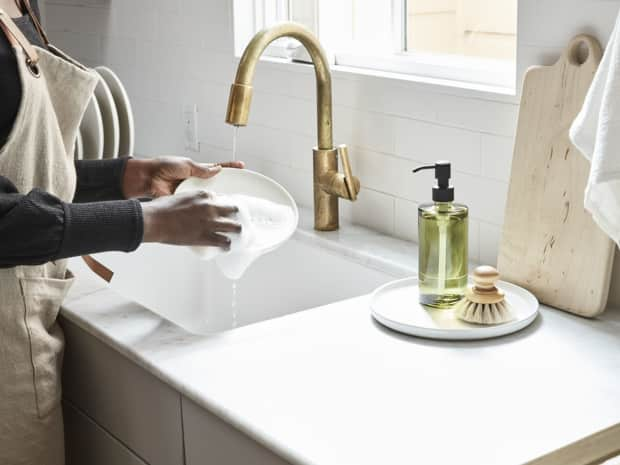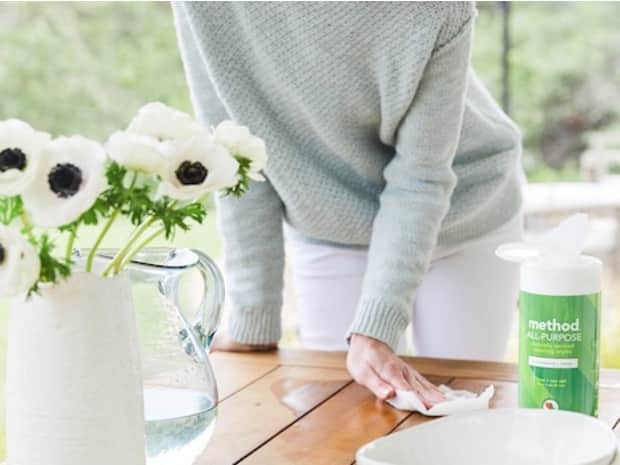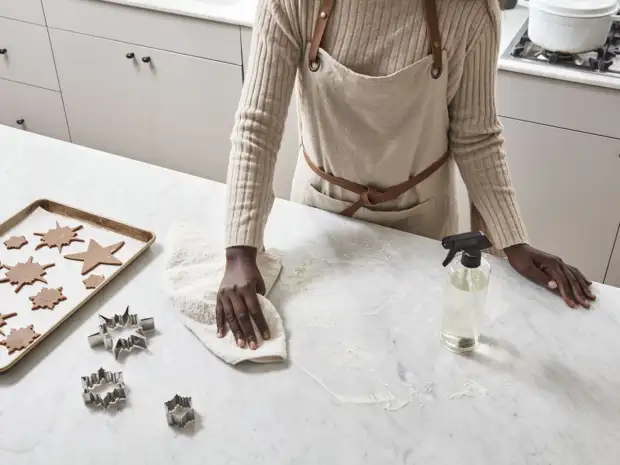High-calorie treats
Think peanut butter, hazelnut spread, chocolate, or buttered popcorn.


Last Updated: July 29, 2024
What do you do when a mouse invites itself inside? Here’s how to deal with mice — naturally and humanely.
After a hard day’s work, we all look forward to relaxing with some good food and drink. But when a mouse wants to relax with you and your food and drinks, that after-work routine becomes a little less relaxing. So what do you do next?
Not sure how to get rid of mice in a humane and eco-friendly way? Don’t worry — we’ve figured out all of the natural options for mice removal for you, so you can get back to relaxing ASAP.
From natural household to personal care, everything at Grove is healthier for you and the planet — and works! We recommend monthly shipments and product refills that you can edit or move at any time. No monthly fees or commitments required.
Ah, the question no one wants to have to ask. Do I truly have a mice problem? If you’ve discovered a mice infestation in your home, they’ve no doubt come in through a door or tiny opening in search of warm shelter and food. In fact, even an opening as small as a dime is enough to invite a mouse in to explore your home. And with their ability to multiply fast, it's best to nip this one in the bud before you have too many new, undesired roommates.
Most of us find mice adorable, at least in theory, and lots of people keep them as pets. Why is it so important then to keep wild mice out of our homes? One word: health.
Wild mice carry several diseases that can spread to humans. And if you’re allergic or have asthma, they’ll make your life miserable.
As we mentioned above, mice have an uncanny ability to multiply with lightning speed. These furry little creatures might not mean any harm, but but that doesn't mean they can't still be detrimental to our health and well-being.
GROVE TIP
If mice have already made themselves comfortable in your home, make sure you clean food prep and eating surfaces frequently while wearing a protective mask and cleaning gloves.
Keep little people and fur babies in your home safe by disinfecting all surfaces and changing water bowls left out during the night.
Here are the best ways to get rid of mice naturally, without killing them or calling a pest control professional:
Check your home for spots mice could be able to get inside and block them off.
Locate entry points by looking for droppings and holes that are dime-size or larger. Yes, you read that right — mice can squeeze through a hole the size of a dime. Focus on tight, warm areas, like around pipes or at the back of cupboards. Pack those tight spaces with steel wool, which mice can't chew through to get back in.
If cleaning day has been taking a back seat in the business of daily life, it might be time to bust out your cleaning gloves and scrubbers, and clean your whole house from top to bottom.
Mice love a dirty, cluttered house, since it offers plenty of places to hide and lots of scraps to scavenge. Nothing a little elbow grease can’t fix, though! Deep-clean your kitchen and any other rooms where you’ve seen evidence of mice.
Eat at the table to reduce enticing crumbs across various rooms, and avoid leaving food out on the counter, where it’s accessible to mice. Store dry goods in airtight food storage containers that are impervious to the sharp teeth and claws of tiny scavengers. Keep pet food stored away in containers too, so that mice don't have access to it.
Break out your peppermint or clove essential oils, and soak several cotton pads. Place them where mice like to hang out — your cupboards, drawers, and entry points — to repel them naturally.
You can also get a ready-made natural rodent repellent product, like Earthkind’s StayAway Rodent, which is a fan favorite of Grove members. Just but be sure to use it exactly as directed.
GROVE TIP
Using poison to combat a mice infestation might seem like the easy route, but poison causes intense suffering. It also puts pets, small children, and wildlife at risk.
When domestic cats, wild owls, foxes, and other critters eat poisoned mice — which are easy targets for these predators — they, themselves, get poisoned.
In reality, Tom usually wins out over Jerry in the cat-and-mouse game. As long as no one in your household is allergic, a cat is an easy, cuddly way to keep mice away. Farmers have used cats to keep mice at bay since, well, forever.
If you can’t have a cat for any reason, cat litter can be used to deter another mouse invasion. Sprinkle cat litter in the areas that the mice seem to be frequenting.

Just because mice may be deadly disease vectors doesn’t mean we have to unnecessarily hurt them in the process of getting rid of them. Here are three ways to humanely trap mice if your attempts at driving them out didn’t work.
These traps catch the mice without killing or harming them. They consist of a chamber or cage with a trigger-activated door, which won’t reopen until you release the mouse far from your home.
This may sound like a joke, but it actually can work! Put bait inside a large glass that is propped up on one side using an upright coin. When the mouse runs in for the bait, the coin will fall, and the mouse will be trapped in the glass. Then, you can release the mouse wherever you want … outside of your house.
Another one that seems right out of the movies: Use a stick to skewer a plastic cup, then lay the stick across the top of a bucket, and place bait (peanut butter works great) on the cup.
The mouse will try to run to the cup to get the bait and then fall into the bucket.
If doing it yourself isn’t your style, don’t resort to crueler methods of getting rid of mice, like glue traps and conventional mouse traps. Instead, look up a humane and eco-friendly pest control specialist to help you out with the dirty work.
Mice love munching on tasty treats, so they’ll likely trigger your trap if you set out the right bait:
Think peanut butter, hazelnut spread, chocolate, or buttered popcorn.
Mice make their nests using cotton balls, dental floss, yarn, twine, and the like.
Whatever food the mice have been sneaking away in the night — pet food, candy, birdseed, or the crumbs on the counter — also make excellent bait.
GROVE TIP
Do yourself and your neighbors a favor: Don't release your mice too close to home. Release any mice you catch first thing in the morning, several miles from where you live — ideally in a remote, natural area without a lot of houses nearby.

Ready to tackle the dirtiest spots in your home? Grove Collaborative has you covered with Clean Team. Each week, we’ll do a deep dive into how to clean a different place or item in your home. No spot is too small — and we’ll tell you how to conquer them all, naturally.

Learn how to identify drain flies and use both natural and chemical methods for eliminating these pesky pests.

When ants come marching in ... learn how to steer ants out of your home with natural repellents—and keep them out.

Protect your family and home with our rundown of the best eco-friendly and natural bug sprays & mosquito repellents.

Are you tired of flour bugs calling first dibs on the food in your pantry? Banish the flour-eating fiends with these tips.